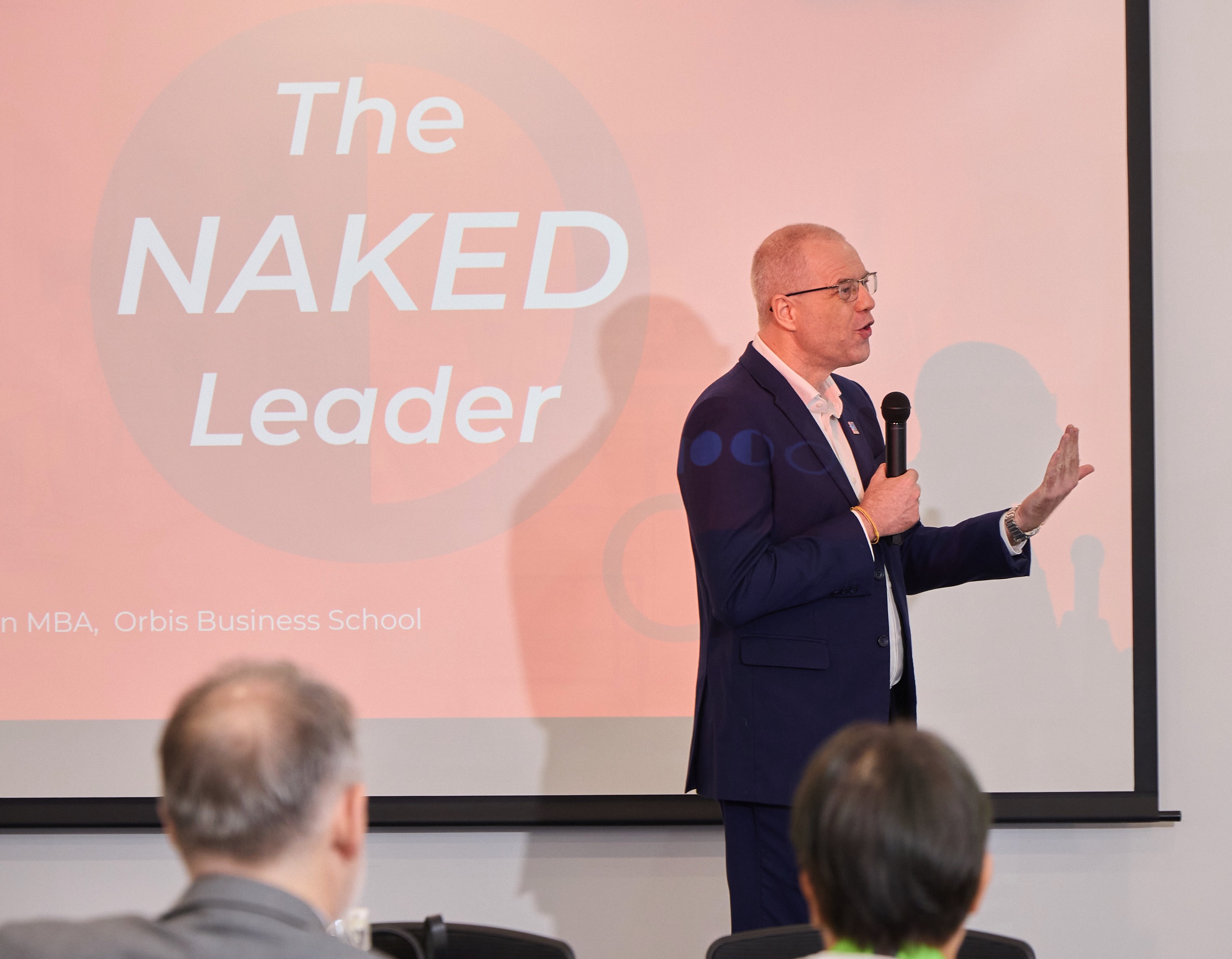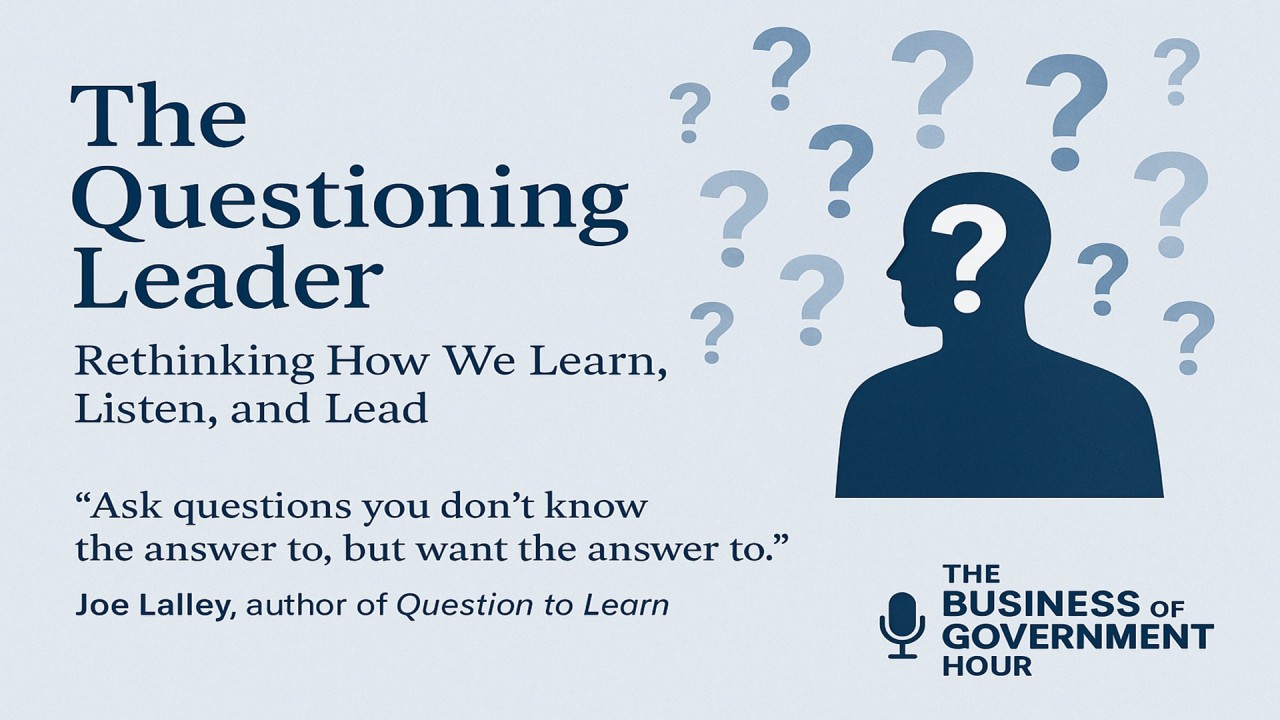Jun10

THE BUSINESS CAUSE FOR LEADERSHIP DEVELOPMENT PROGRAMS
Do you notice that successful corporations and people are constantly evolving? In this series, we are going to rethink and reimagine ourselves in our roles in work.
In some organizations, people get promoted to the next level mainly because of their competency in their current roles. However, is this the right way when promoting people to be team leaders and managers? With that said, this is what we are going to explore together in the following few lines.
Functional Thinking
At work, people think that the only development in life is a promotion from employee to manager. Later, to higher positions like the Senior Manager, General Manager, and so on. Some competent people think that they have a right to be promoted way more than others. And some believe that they ought to be given grades after a specific number of years. This mentality is due to the existence of the hierarchy. And that money and benefits are tied to position, not the people's knowledge, abilities, potential, and skills.
The corporate's main priority regarding its existence was mainly to perform a function, whether providing service or producing products, in compensation for financial returns. To achieve the above function on a scale, people must be recruited and then emerge the compensation issue. How to compensate for the time and competency of the employees? The answer was based on their productivity. On the other hand, manager's compensation is based on the coordination of their team's efforts and achieving results. Team rewards are compensated differently; in respect of its functions in generating the cash flows (Support as Administration, HR, Finance or in primaries such as Sales and Marketing).
Functional Ambiguity
The simple structure described above has dominated for centuries in the feudal and industrial economies. This practice and mindset have little focus on an employee's talents, potential, and newly acquired skills. In the early eighties, after the cold war end and the advent of the internet, knowledge started to spread faster, and the knowledge economy accelerated.
Talents combined with learning became an asset to people and companies as a result of employment. This understanding did not fully reflect in universities, corporate policies, governing institutions such as FASB or IFRS, and other regulatory bodies, except the SEC. At the start of December 2020, the SEC recently mandated that corporate report on Human capital disclosures from the operating model to talent planning, learning, innovation, employee experience, and work environment.
The result? Graduates became employees based on older industrial economies and with concepts of time, productivity, and profits. The conventional wisdom introduced the promotion mechanism in return to their efforts and productivity or tenure as employees. The business idea is based on the employee's acquiring business skills and achieving the organization's function. Promotion is granted without considering that this employee needs to be developed holistically. His or her scope of work will change dramatically to be the coordinator or leader of a team.
The Holistic Nature of Humans
The newer reality is that team effectiveness is a function of a broader sense of business and relationship skills. Today, effective leaders have to handle all emotions, goals, cooperation, and expectation, in addition to coaching.
Our mindset was formed during our childhood and was validated during university studies. We did not learn about emotional intelligence, communication skills, or human psychology, such as purpose, meaning, values, and managing emotions. The result was that our beliefs, assumptions, and values in life, relationships, and work were formed by a tunnel vision lens, not through the expanded lens.
The result? Educated people externally look perfect, while internally, people felt void of their essential self. People suffer from burning out, pressure, disengagement, and envy.
A lot of times, we get stuck overthinking about our next steps. Should we be up the ladder? Bring it down a notch, or should I stay where I am today? This being said, it is vital to be open to new opportunities to keep learning and growing and not limit yourself on where you have to go next.
Holistic Leadership Programs
There are very beneficial executive leadership programs addressing the new reality available to senior leaders in big companies through established universities. These companies can afford to bear high costs and rarely are given to the employee-managers in small or mid-size companies, representing most businesses.
These programs are planned for leaders in a very late stage in their careers. This includes cultural and emotional intelligence, understanding differences in thinking, problem-solving, decision-making, negotiation style, and business manners.
These leadership programs, in the knowledge economy, are a priority to business investments. The same as any capital investment, as it increases decision-making capability. This is required to expand the business focus towards the ecosystem, mutual benefits partnerships.
Leaders who saw multiple benefits in their skills, attitude, behaviors in their personal and business areas achieved a balance between action and reflection. Development in behaviors such as structuring complex decision-making, leaders expanded their focus on the emotions of others (empathy). They developed abilities to reduce conflict in the workplace, achieve greater self-confidence and productivity.
Rethinking Late Adoption of Leadership Development Programs
Imagine if these benefits have been brought forward early on in and accelerated their leadership careers? What would be the impact for team leaders before their first promotions and leading teams? Imagine if these benefits have been expanded to small and medium-sized businesses.
Career development is not achieved only by promotions or external rewards. Actual progress is achieved by working as much of your career according to a holistic research-backed development program. That elevates intrinsic motivation to be a contributor, tune in to people's emotions, develop how to treat others with respect, grow professional presence, address conflict constructively, collaborate with others, and design and link team strategy to a business strategy.
The earlier planned leadership development programs in an employee's career will serve as a journey of discovery in the workplace. And to reconnect your mind and heart and enhance well-being and effectiveness in decision-making.
Early adoption of the leadership development program is essential to our vitality and well-being. The same as air and water are vital to our existence.
Conclusion
With all this said, we can conclude that some corporates trouble with adaptation. However, qualifications, ideas, and concepts can level up a corporate's game in an evolving world. Employees who can think beyond their safe zone can contribute unique and helpful, out-of-the-box ideas. Thus, corporations who treasure and bring value to employees reap many benefits.
In the following article, we will discuss the business case, practical tips for the early development of leadership programs.
References:
https://rb.gy/ibs45c PWC article: New human capital disclosure rules
By Ahmed Aref
Keywords: Culture, HR, Leadership
 Who Are You Under Pressure - And Is That the Real You?
Who Are You Under Pressure - And Is That the Real You? LinkedIn Voice for Sales
LinkedIn Voice for Sales Succession Planning is Hard because it’s Identity, Structure, and Systems All at Once
Succession Planning is Hard because it’s Identity, Structure, and Systems All at Once The Corix Partners Friday Reading List - February 13, 2026
The Corix Partners Friday Reading List - February 13, 2026 The Questioning Leader: Rethinking How We Learn, Listen, and Lead
The Questioning Leader: Rethinking How We Learn, Listen, and Lead